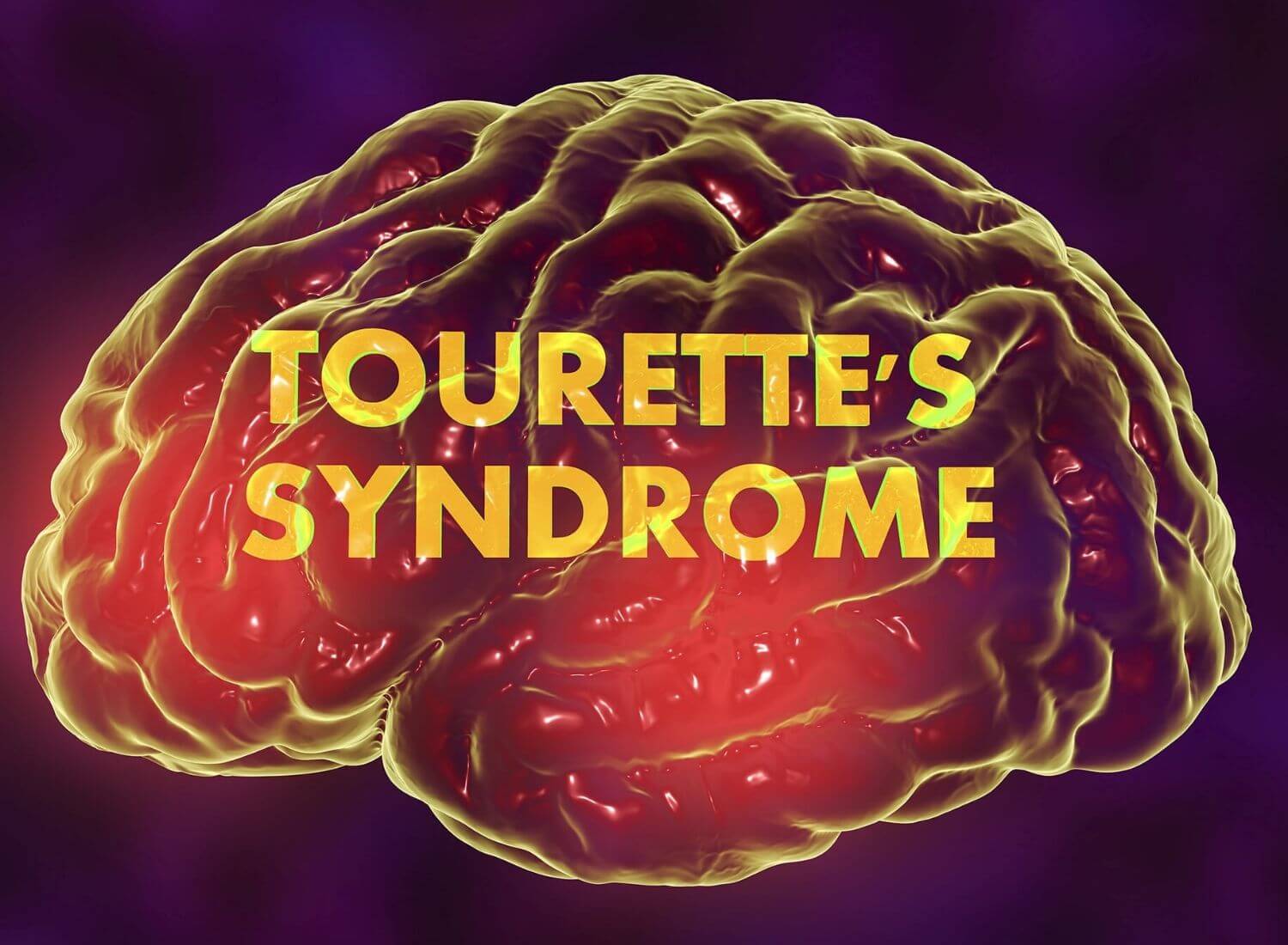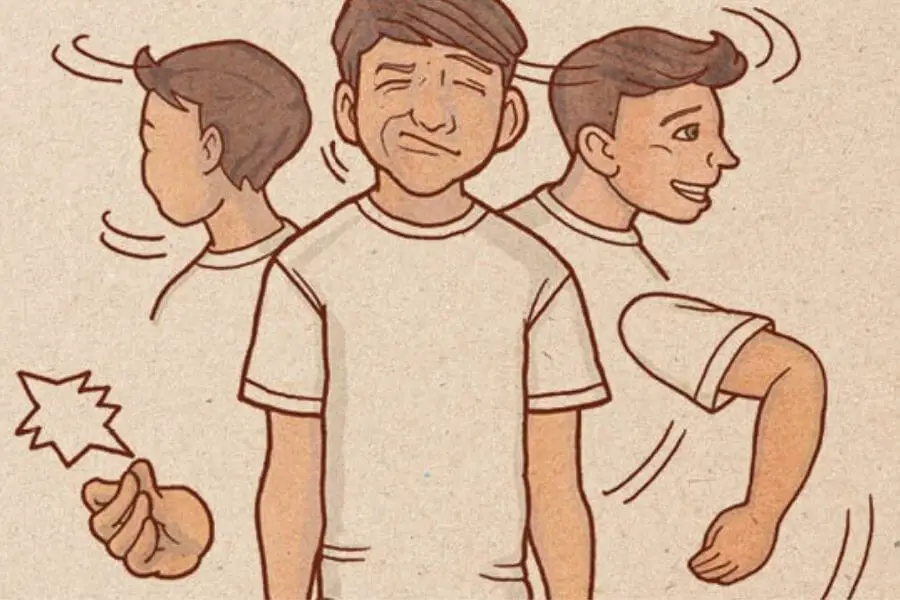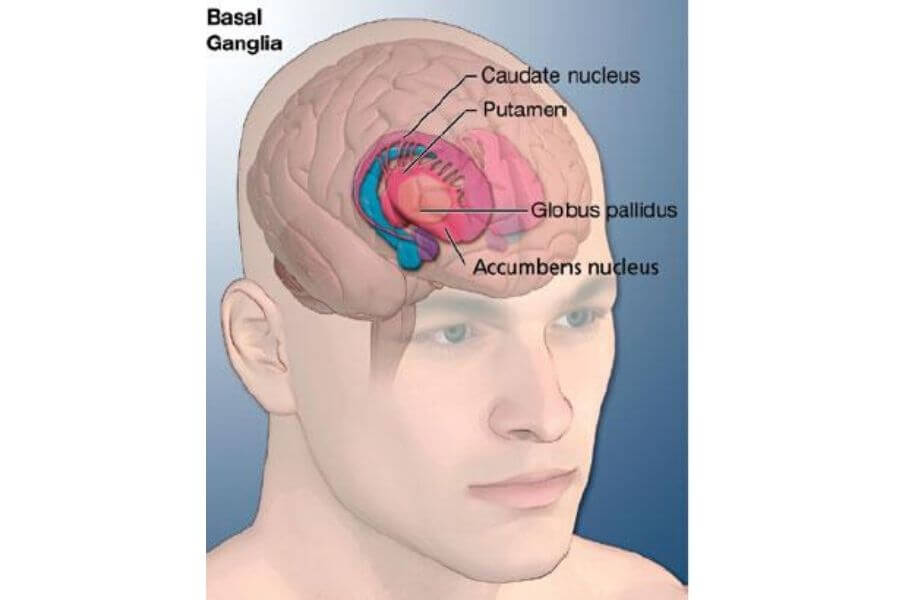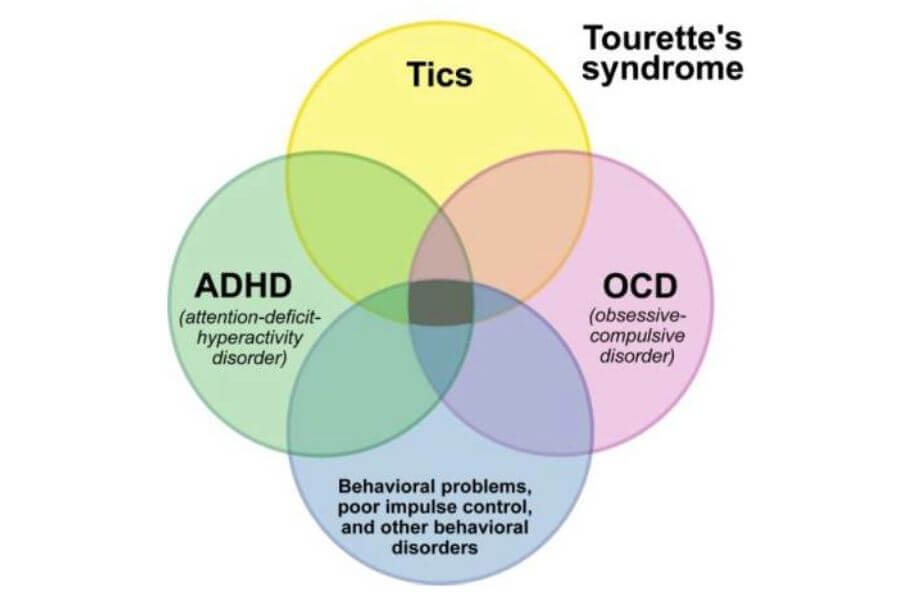Tourette Syndrome: Unusual Behavior Of The Nervous System

As we all know, our body is made of nerves, blood cells, muscles, veins, etc. The human body is the most complicated creation, but we all are unique in our own way, so are some in their body conditions. Everyone’s body reacts differently to what occurs within their body. There are various disorders and many distinct syndromes like Down syndrome, Stockholm syndrome, and more. For some, these syndromes, or disorders, are unusual behaviors. Nonetheless, one of these syndromes is Tourette Syndrome.
Tourette Syndrome is a condition that usually occurs in the teen ages. It is incurable and sometimes can last for a lifetime. It involves repetitive movements or unwanted sounds. Let’s read about it briefly.

What Is Tourette Syndrome?
Tourette (too-RET) syndrome is a neurological disorder of the body that causes repetitive, involuntary movements of the body like repeatedly blinking eyes, shrugging your shoulders, and unwanted sounds (tics) like blurting out unusual sounds or offensive words that can’t be controlled by the person. Tics are usually observed in ages between 2 to 15. Tourette syndrome is likely to develop three to four times more in men than in females.
Symptoms
The hallmark signs are unwanted and involuntary movements and tics, which may range from mild to severe. Some of the symptoms make it difficult to communicate and function normally in daily life.
Tics are divided into two groups:
- Simple tics: A limited number of muscle groups are involved in these sudden, brief, and repetitive tics. The common motor tics involve Eye blinking, Head jerking, Shoulder Shrugging, Eye darting, Nose twitching, and Mouth movements. In comparison, the common Vocal tics involve Gunting, Coughing, Throat clearing, and Barking.
- Complex tics: These are distinct and coordinated patterns of movement that involve several muscle groups. Touching or smelling objects, Repeating observed movements, Stepping in a certain pattern, Obscene gesturing, Bending or twisting, and Hopping are the common motor tics. While the common vocal tics which are seen are: Repeating one’s own words or phrases, Repeating others’ words or phrases, and Using vulgar, obscene, or swear words.
Tics can tend to:
- Vary in frequency and severity and also in type.
- Be worsened when the person is ill, stressed, anxious, tired, or excited.
- Occur during sleep also and sometimes change over time.
- Improve in adulthood but are worse during the early teenage years.
A person with Tourette Syndrome may experience an itch, a tingle, or tension before the start of motor or vocal tics. With a lot of effort very few are able to stop or hold back a tic.

When To See A Doctor?
Parents should keep a close look at their child for any sudden change in their behavior and check with their pediatrician. All tics don’t indicate Tourette Syndrome; some tics go within a few weeks or months. But if one notices unusual behavior, it’s best to consult a doctor to identify the cause and find a treatment for it before it turns out too serious.
Causes
Still, the exact cause of Tourette Syndrome is not known. Many factors can cause it, like inherited (genetic) and environmental factors that make it a complex disorder. Chemicals in the brain like dopamine and serotonin play a role in transmitting nerve impulses (neurotransmitters).
Risk Factors
The risk factors for Tourette Syndrome include:
- Family History: There can be a risk of developing Tourette Syndrome if one has a family history of Tourette Syndrome or other tic disorders.
- Sex: Tourette Syndrome, as we said before, can develop three to four times more in males than the females.
Complications
People with Tourette syndrome lead normal lives like others except for frequent behavioral and social challenges that affect their self-image.

Conditions Associated with Tourette Syndrome are:
- Attention-deficit/hyperactivity disorder (ADHD)
- Sleep Disorders
- Anxiety Disorders
- Autism Spectrum Disorder
- Obsessive-compulsive Disorder (OCD)
- Depression
- Anger-management problems
- Pain because of tics, especially headaches
- Learning disabilities
Treatment
There is no medication or cure for Tourette Syndrome, while there are treatments to control tics that are severe and cause interference in everyday life and daily functioning.
Here’s all we need to know about Tourette Syndrome, which is a common syndrome and can be considered unusual for those who don’t know about it. In India, there are nearly more than 1 million cases every year, Shocking? But it’s true, and it’s that common.



